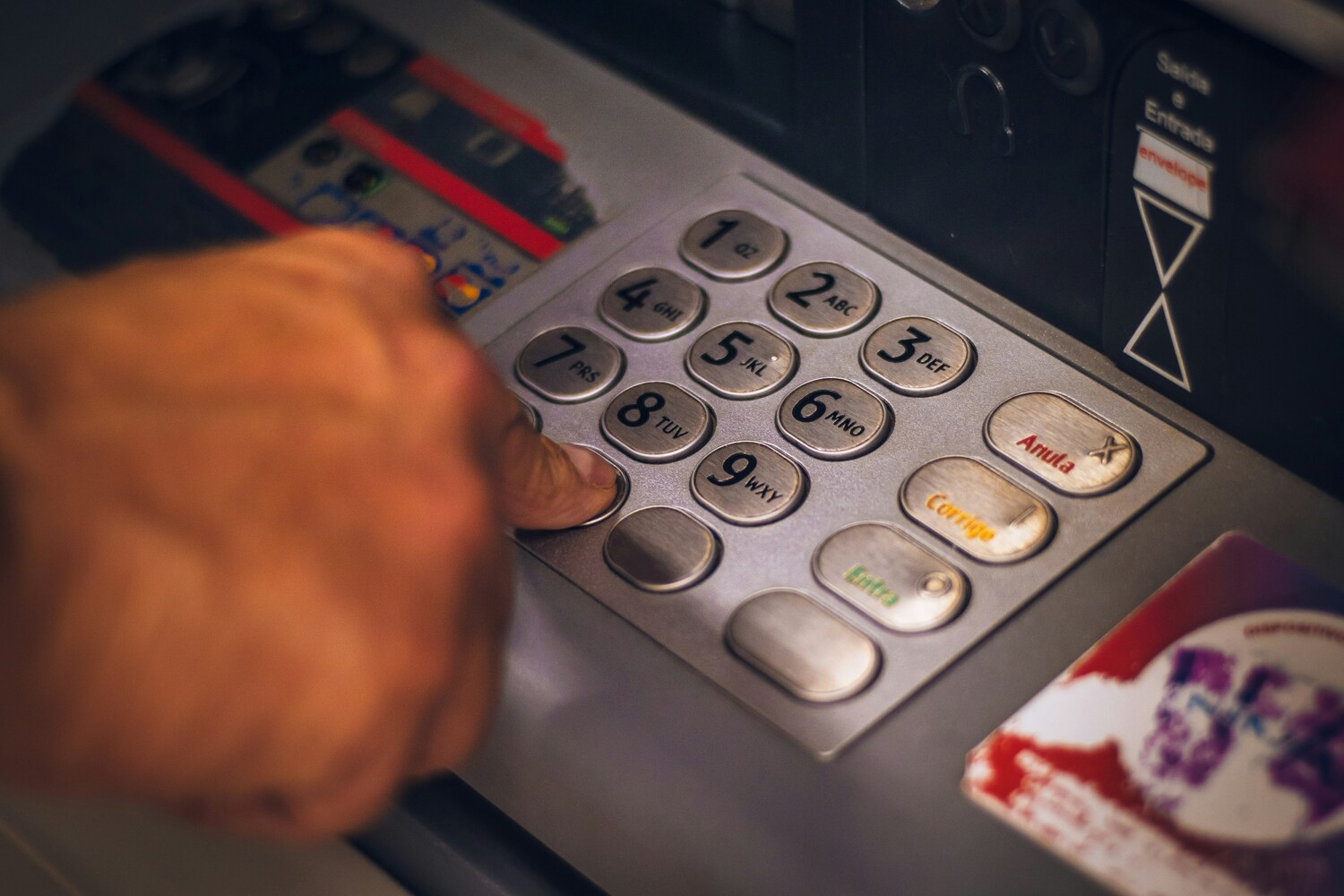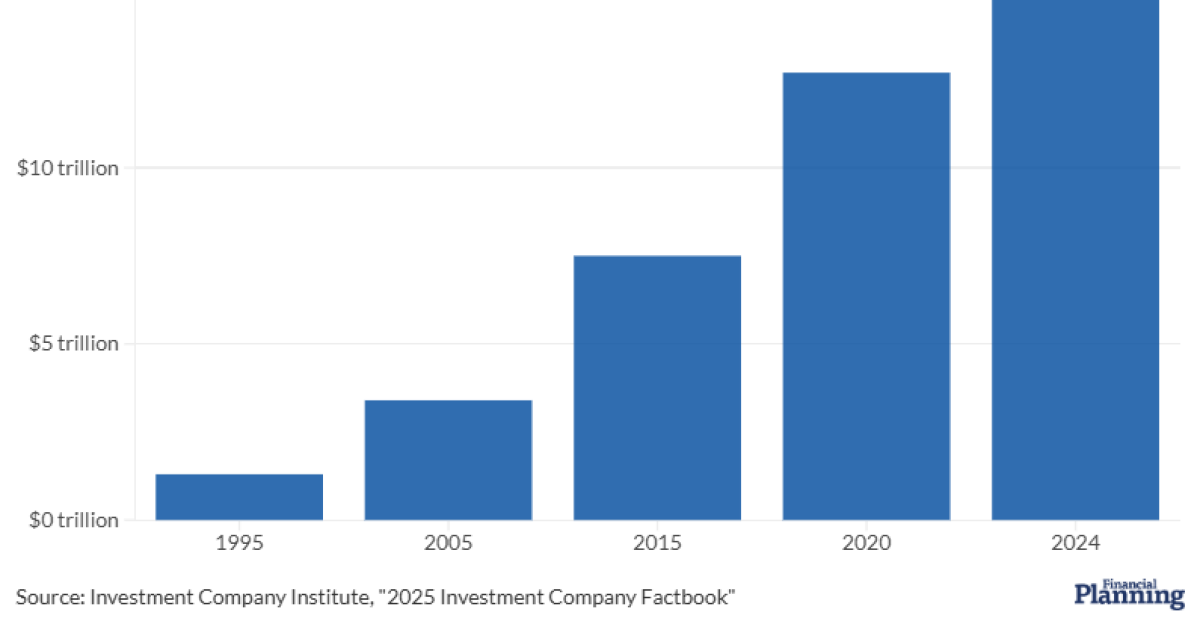Overdraft fees have long been a sore spot for banking customers, especially those living paycheck to paycheck. While federal regulations have cracked down on unfair banking practices in recent years, some banks continue to charge overdraft fees that experts and even courts have deemed illegal. Despite growing scrutiny from regulators and consumer advocacy groups, these institutions persist, quietly draining billions from customer accounts each year.
Here’s how banks are still getting away with these practices, the tricks they use to make overdraft fees seem legitimate, and what you can do to protect yourself.
The “Authorized Positive, Settled Negative” Trap
One of the most common tactics banks use involves a sneaky practice known as “authorized positive, settled negative” transactions. Here’s how it works:
When you swipe your debit card for a purchase, your bank may authorize the transaction if you have enough funds at that moment. However, if other transactions are processed before your debit card purchase settles, like checks or automatic payments, the bank can rearrange the order of transactions to cause an overdraft.
This means a payment you thought you had covered can suddenly trigger an overdraft fee days later, even though you appeared to have enough money at the time of the purchase.
Numerous lawsuits have been filed against banks for this practice, arguing it is deceptive and designed to maximize fees. Yet, many banks still engage in this tactic, often buried deep within the fine print of account agreements.
Reordering Transactions to Maximize Fees
Another shady tactic involves reordering transactions in a way that maximizes overdraft fees. Instead of processing payments in the order they were made, some banks deliberately process the largest charges first, even if smaller transactions happened earlier.
Why does this matter? By processing large payments first, banks can cause your account to dip below zero faster, allowing them to hit you with multiple overdraft fees for smaller subsequent transactions that would have cleared if processed in order.
For example, let’s say you have $150 in your account. You make three transactions: $20, $30, and $140. If processed in the order made, only the $140 transaction would trigger an overdraft. However, some banks will process the $140 transaction first, causing an overdraft and making the $20 and $30 purchases also incur fees.
Although some regulations and lawsuits have curbed this practice in certain states, many banks still quietly engage in it through obscure account terms.
“Extended” Overdraft Fees Keep the Charges Piling Up
Another way banks continue to profit from overdrafts is through extended overdraft fees, also known as “sustained negative balance” fees. These fees are charged not for the initial overdraft, but for failing to bring your account back to a positive balance within a set number of days, typically five to seven.
Even if the initial overdraft was small, extended fees can snowball quickly, sometimes reaching $35 or more every few days until the account is brought current.
Consumer advocates argue that these fees disproportionately hurt low-income individuals who can’t easily repay the overdraft, trapping them in a cycle of debt. Several lawsuits have challenged the legality of extended overdraft fees, but some banks continue charging them under the radar.

Opt-In Confusion: How Banks Keep Customers in the Dark
Federal rules technically require customers to opt into overdraft protection for debit card purchases and ATM withdrawals. However, many customers are unknowingly enrolled through confusing forms or misleading language during account sign-up.
Banks often bury overdraft “opt-in” notices within lengthy account agreements, or present it as a service that “protects” customers from declined transactions, without clearly explaining the cost. As a result, many people discover they’re enrolled in overdraft programs only after they’ve been hit with unexpected fees.
Some banks have even been accused of using deceptive practices to trick customers into opting in, such as presenting overdraft services as the only way to access direct deposits or avoid account closures.
Regulatory Action Hasn’t Eliminated the Problem
Despite multiple enforcement actions from the Consumer Financial Protection Bureau (CFPB) and other agencies, many banks continue charging illegal or borderline overdraft fees. In some cases, banks pay fines or settlements but continue using similar practices under slightly different names.
Recent CFPB investigations revealed that some large banks have quietly rebranded overdraft fees as “non-sufficient funds” fees or “return item fees,” even though the end result is the same: customers lose money due to transaction processing tricks.
Additionally, smaller regional banks and credit unions are sometimes less scrutinized, allowing questionable overdraft practices to persist unchecked in certain areas.
Why Lawsuits Alone Can’t Stop Illegal Fees
Lawsuits have led to some significant victories for consumers. In recent years, several major banks have paid hundreds of millions of dollars in settlements over unfair overdraft practices. However, the legal system often moves slowly, and many cases take years to resolve.
Even when banks are forced to change their practices, they sometimes find loopholes or introduce new fee structures under different names. Furthermore, settlements rarely result in lasting structural changes across the entire banking industry.
Without aggressive oversight and clear, simple regulations banning these practices outright, many banks continue to view overdraft fees as a lucrative, if controversial, revenue stream.
Why Overdraft Fees Are Still Costing Customers Millions and What You Can Do
Despite growing public awareness and regulatory pressure, illegal and unethical overdraft fees remain a serious problem in the banking industry. From transaction manipulation to extended overdraft fees and deceptive opt-in tactics, banks continue to find ways to profit from customer mistakes or confusion.
These fees disproportionately impact low- and middle-income Americans, many of whom are already struggling with financial instability. Until stronger regulations are enacted or consumers push back with their wallets by switching banks, many institutions will likely continue these practices.
If you want to protect yourself, carefully review your bank’s overdraft policy, opt out of overdraft protection for debit transactions if possible, and consider switching to banks or credit unions that offer transparent, low-cost overdraft alternatives.
Have you been hit with an unfair overdraft fee? What steps did you take to fight back, or did you switch banks?
Read More:
Why Your Bank Might Flag You for “Suspicious” Activity
The IRS Can Now Touch More Than Your Bank Account: Here’s What You Should Know
Riley Schnepf is an Arizona native with over nine years of writing experience. From personal finance to travel to digital marketing to pop culture, she’s written about everything under the sun. When she’s not writing, she’s spending her time outside, reading, or cuddling with her two corgis.
























